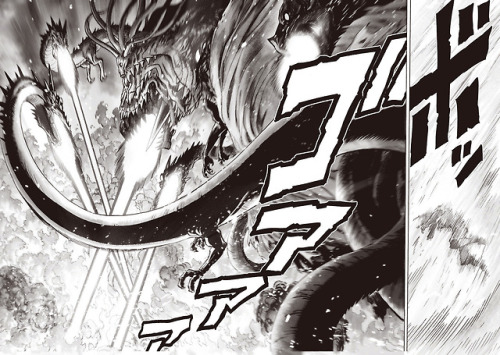


I picked up this book from my shelves to read only one of the stories, Witness for the Prosecution. And I said, the title story is a little masterpiece.more in short, I just found two or three stories just below average (Christie's average, which is not the same as that of the rest of the world) but the collection, in general, is stellar. But also "Wireless" and "The Red Signal". I also loved "The Fourth Man", a little atypical and utterly creepy as it is, and "Philomel Cottage," which made me happy with its references to the Bluebeard legend and One Thousand and One Nights. Absolutely brilliant, one of the best short stories I've ever read, of any genre. in short, I just found two or three stories just below average (Christie's average, which is not the same as "The Witness for the Prosecution" alone deserves a thousand stars. "The Witness for the Prosecution" alone deserves a thousand stars. Together they showcase the versatility and genius of Dame Agatha Christie.more Each suspenseful, each different, the tales are of brutal murder, brilliant criminals and detectives, and love in the face of death. Other stories range from the strange tale of a French peasant girl with four personalities, to the letters "SOS" scrawled in dust on a nightstand, to the mystery of a blue Chinese jar and its connection to a murdered woman. It is a gripping tale of courtroom suspense with a dazzling double climax, perfectly suited to the audio format. Other stories range from the strange tale of a French peasant girl with four personalities, to the letters "SOS" scrawled in dust on The title story in this mystery collection revolves around the case of a man charged with the murder of a wealthy elderly woman. The title story in this mystery collection revolves around the case of a man charged with the murder of a wealthy elderly woman. If you buy something using links in our stories, we may earn a commission. This pandemic-ridden country has not been fine for a long time, and to recognize that is not to be a fool, but to be sane. People who high-handedly dismiss long Covid patients using words like “you're fine” must dial down their anxiety about being tricked or trapped. That loneliness is deepened when listeners panic about being manipulated and can't even accept a description of pain as plausible or interesting, lest they spiral into helplessness and self-recrimination. O'Rourke, who herself suffers from chronic illness, describes the intense loneliness of being doubted. Rather, it's a plea for witness, a request to be paid the simple courtesy of belief. The speech act known as complaint is not an accusation or a demand for remedy. The answer, obviously, is not to stop expressing or acknowledging pain. We were all dismissing as somehow less than real the pain of others while elevating our own. We don't only have doubt, as Scarry's axiom has it we cultivate that doubt and extend it to the suffering of others. In the unusual quest of Americans to feel no guilt, many of us are quick to forcefully repel claims of pain. A case study is the far-right complaint (in dubious faith) that white kids who are taught critical race theory are being guilt-tripped about the suffering of races to which they don't belong. Here's where the debate about representations of racism comes in. If we believe in another's pain, after all, we may feel obliged to fix it, or take on the blame. The refusal to cry out in pain seems grounded in an entrenched anxiety related to Scarry's axiom: What if all pain is an act, even our own? Seen this way, preserving skepticism about other people's groans and wails may be a shield against guilt. As Eric Levenson wrote in The Atlantic in 2014, American athletes fail at “selling their falls” with arias of agony, and try to pass off their refusal to flop as a “moral victory to cling to when they inevitably lose.” While Americans love to exaggerate aggression, and consider flexing (trash-talking, posing, menacing an opponent) mostly wholesome, they famously disdain the common European move of exaggerating injury, or flopping.
THE SUFFERER AND THE WITNESS COVER ART PRO
This is on display in American medicine and politics, but it's cartoonishly clear in sports, especially pro soccer, which includes hammy performances of pain that fall outside the usual idiom of American athletics.


 0 kommentar(er)
0 kommentar(er)
